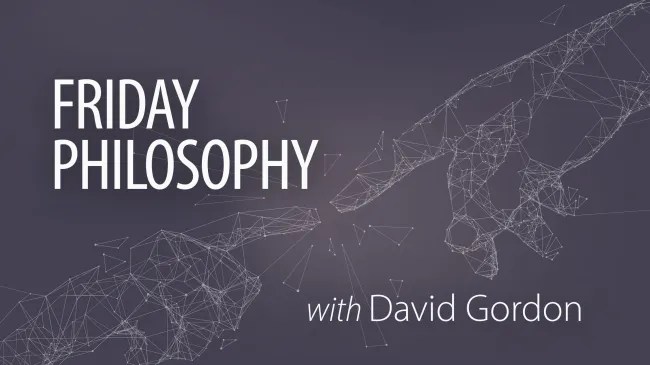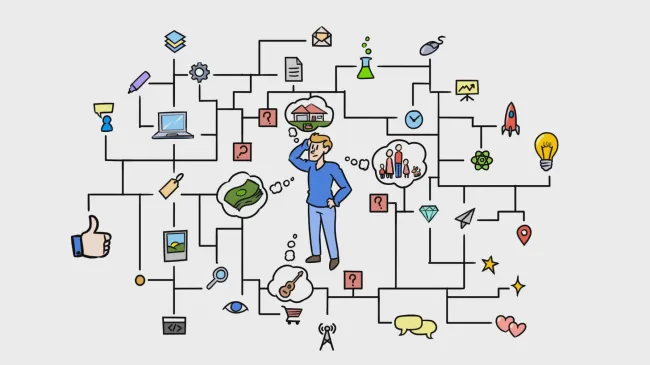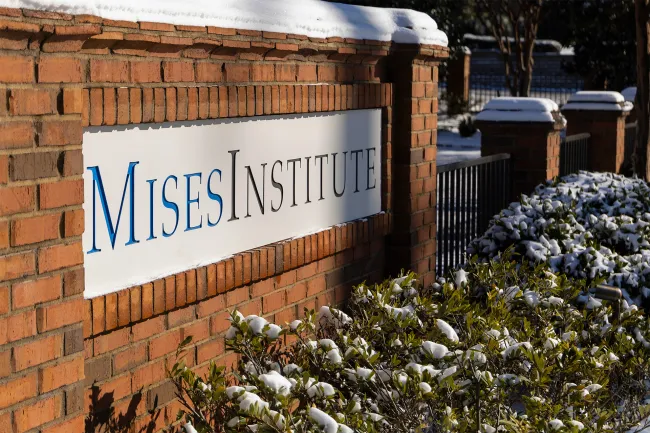

Nuclear Weapons: Proliferation, Monopoly, or Disarmament?

Tariffs Did Not Make America Great and Won’t Make America Great Again

All Jobs Are Not Created Equal

The Free Market and Catholic Social Teaching

The California Bullet Train Is a Good Lesson in Political Deception

Refusing to Disarm: The Battle of Lexington and Concord

Powell, Trump, and the Austrian Business Cycle Time Bomb
Mark Thornton cuts through the noise to explore the real economic threats facing America.

Trump’s First 100 Days: The Good and the Bad
Historian Chris Calton joins Ryan McMaken to discuss both the upsides and the downsides of Trump's first 100 days.

Why Do So Many Bad Economists Support the Austrian Position on Free Trade?
Why do mainstream economists suddenly think clearly when it comes to tariffs—but abandon logic elsewhere? Mark Thornton unpacks why even Krugman and Marx agree with Austrians on free trade.

Should Economists Champion Fed “Independence”?
As Trump challenges Powell and the Fed’s authority, Dr. Joe Salerno joins Bob to dive into whether "central bank independence" really protects the economy—or just shields elite power.
Research Fellowships at the Mises Institute in Auburn, Alabama, are available to graduate students and post-docs interested in scientific research in the Austrian school and libertarian political economy.
Join us in Auburn for the Revisionist History of War Conference in May.
In May 2025, the Mises Institute will hold its next Mises Book Club, a program that promotes deep reading in Austrian economics.
The Rothbard Graduate Seminar provides an intense study of Misesian and Rothbardian economic analysis, along with the substantive conclusions of that research in related fields.












